
I’m sure you’ve occasionally (or often) seen your quiet cat lounging in the sun, seemingly without a care in the world, and wondered, "What's really going on in that mysterious little mind?" Unlike their more vocal feline counterparts who'll meow your ear off at the slightest inconvenience, these silent types keep their cards close to their chests. This quiet feline enigma presents a unique challenge for us pet parents: How do we decipher the subtle signs of their well-being or distress?
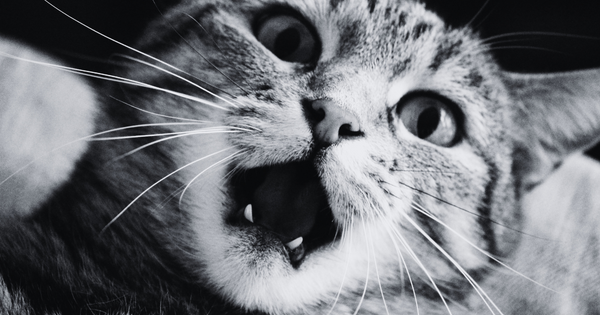
Here’s the thing—just because your cat isn’t the life of the party doesn’t mean they don’t communicate. It’s all about those subtle cues, the slight changes in behavior, appetite, or energy levels that might whisper (rather than shout) that something’s amiss. Being proactive in recognizing these signs is not just beneficial; it's crucial. It's about turning our keen observations into actionable insights that can catch potential health issues before they become serious. So, let’s dive into this together, shall we? Let’s explore how to tune into the silent signals your quiet cat is sending, ensuring they live the happiest, healthiest life possible by your side.
Understanding Your Cat's Normal Behavior
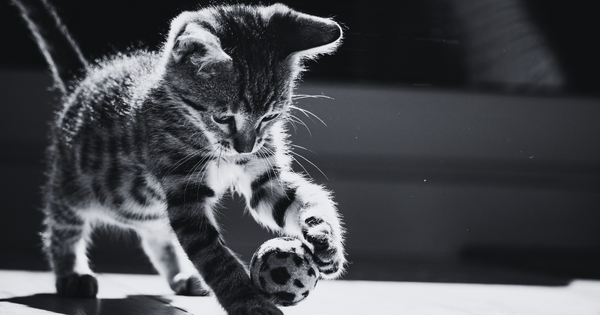
There's a rhythm to a cat’s day, a pattern to their behavior that’s as unique as they are. Quiet cats, those mysterious little beings who prefer contemplation over conversation, have their own set of habits and behaviors that can tell us a lot about their health and happiness—if we know what to look for.
So, what does a day in the life of a quiet cat look like? Maybe it starts with a leisurely stretch in a sunbeam, followed by a calm inspection of their kingdom (your living room), and then a lengthy session of grooming themselves to perfection. They might not demand your attention with loud meows, but they have their ways of communicating, be it through a slow blink (the feline equivalent of a kiss!), a gentle headbutt, or simply by choosing to curl up quietly in your lap.
Understanding this normal routine and demeanor is crucial. Why? Because any deviation from it can be an early warning sign that something's off. Let's say your cat is the type to greet you at the door but suddenly doesn’t. Or maybe they’re less interested in their grooming ritual, leaving their coat looking a bit less polished. These changes can be subtle, like a whisper in a busy room, but to the attentive pet parent, they're clear signals that your quiet companion might need a closer look.
Observational Techniques
Appetite Checks
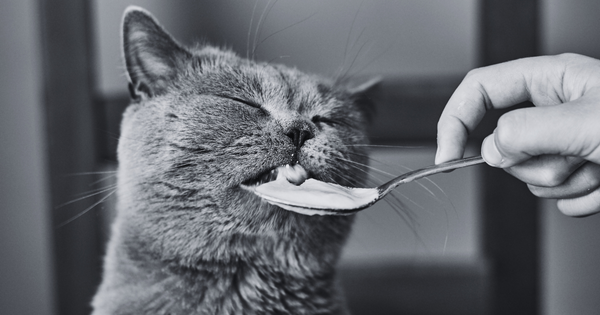
Ever noticed your furball turning their nose up at dinner? Changes in eating habits can be the first clue that your cat's feeling under the weather. Whether it's less interest in food or, conversely, a sudden increase, these shifts can signal anything from stress to dental issues or more serious health conditions.
Litter Box Habits
The tales told by the litter box are not just about your cleaning duties. A decrease or increase in use, changes in the consistency or color of waste, or any signs of discomfort during use can point to health issues ranging from urinary tract infections to kidney problems.
Coat and Eyes
Your cat's fur and eyes are windows to their health. A dull coat or dandruff could indicate nutritional deficiencies or skin conditions, while clear, bright eyes gone dull or watery can signal infections or other ailments.
Energy Levels
Is your lively kitty now a lounge cat, or has your usually mellow friend turned into a zoomie champion? Changes in energy, whether it's lethargy or hyperactivity, deserve attention as they can indicate various health issues or emotional distress.
Physical Health Checks You Can Do at Home
Weight Checks
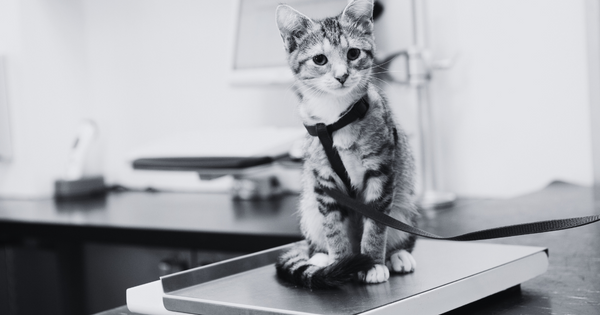
Keeping a log of your cat's weight can help you notice gradual changes that might be missed day-to-day. Sudden weight loss or gain is a red flag for health issues that require veterinary attention.
Dehydration Test
A simple pinch of the skin on the back of your cat's neck can help assess dehydration. If the skin doesn't snap back quickly, your cat might need more fluids. Always consult with your vet if you suspect dehydration.
Breathing Observations
Watch for changes in your cat's breathing patterns, such as rapid breathing, wheezing, or effortful breaths, which can all indicate health problems requiring immediate veterinary care.
Gum and Teeth Inspection
Regularly checking your cat's mouth can reveal a lot about their health. Healthy gums should be pink, not red or white, and teeth should be clean, without brown tartar.
Behavioral Changes to Watch For
Sudden Hiding
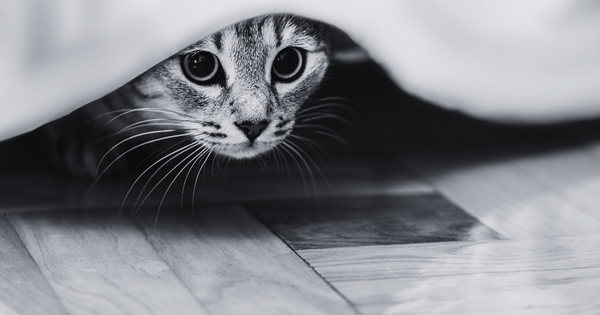
While cats love a good hideout, excessive hiding, especially in a previously sociable cat, can signal stress or illness.
Changes in Vocalization
A quiet cat turning vocal or a chatty kitty going silent can both be cries for help. Changes in how your cat communicates can indicate discomfort or distress.
Unusual Aggression or Irritability
Pain or discomfort can lead to uncharacteristic aggression or irritability. If cuddle time now ends in hisses or swipes, it's time for a vet visit.
Bottomline
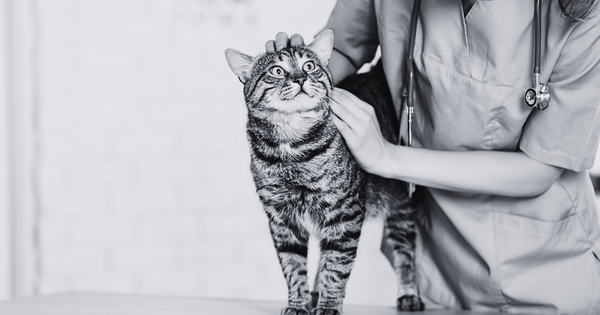
Quiet cats are masters at masking illness, making routine veterinary check-ups crucial. These visits can catch issues your silent observations might miss. Preparing a list of changes or concerns can help your vet get a clearer picture of your cat's health.
The link between environment and health can't be overstated. A calm, enriching environment can do wonders for your cat's mental and physical well-being. Consider calming diffusers, provide hiding spots, and stick to a routine to give your cat a sense of security.
Remember, you know your cat best. Trust your instincts—if something feels off, it probably is. Keeping a close eye on the subtle signals your cat sends can make all the difference in ensuring they lead a happy, healthy life.
Visit Dr. Jeff Werber’s Instagram account (@werbs_dvm) to view and submit questions and answers on weekly AMAs – or call and leave a voicemail at 424-835-0576. Your call will be returned posthaste. For emergencies, download Dr. Jeff Werber’s app Airvet, a video-chat option for veterinary needs at any time of day or night!
